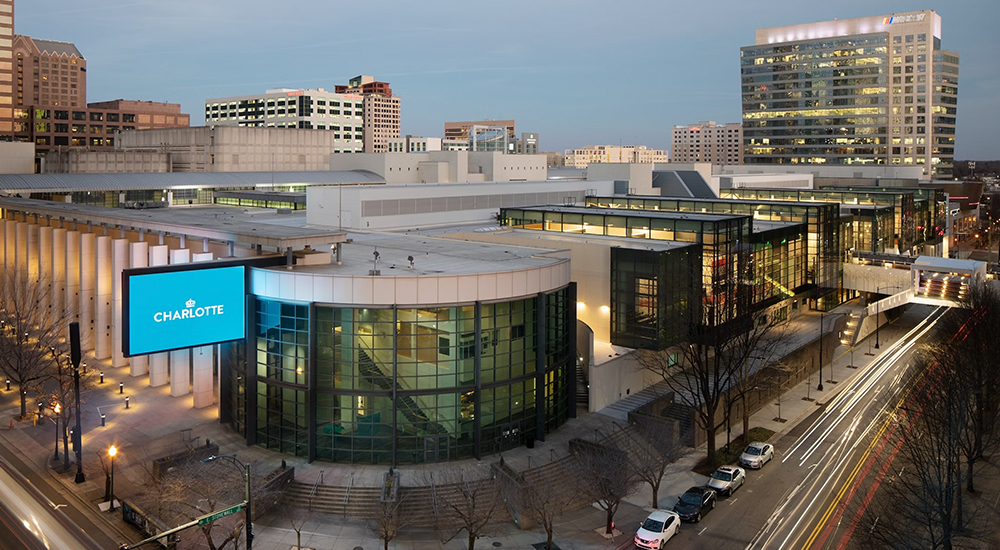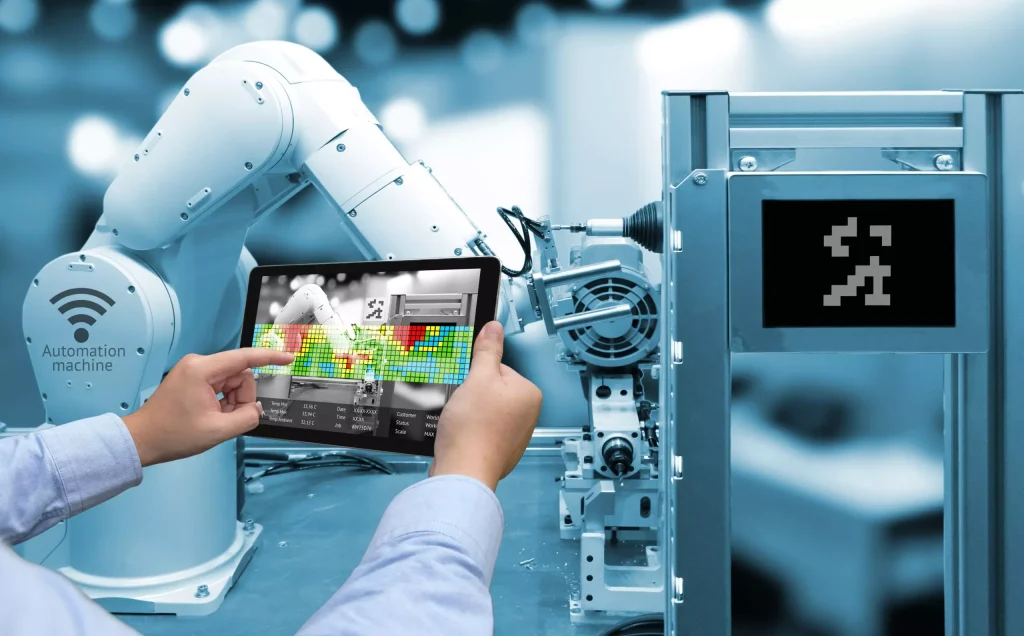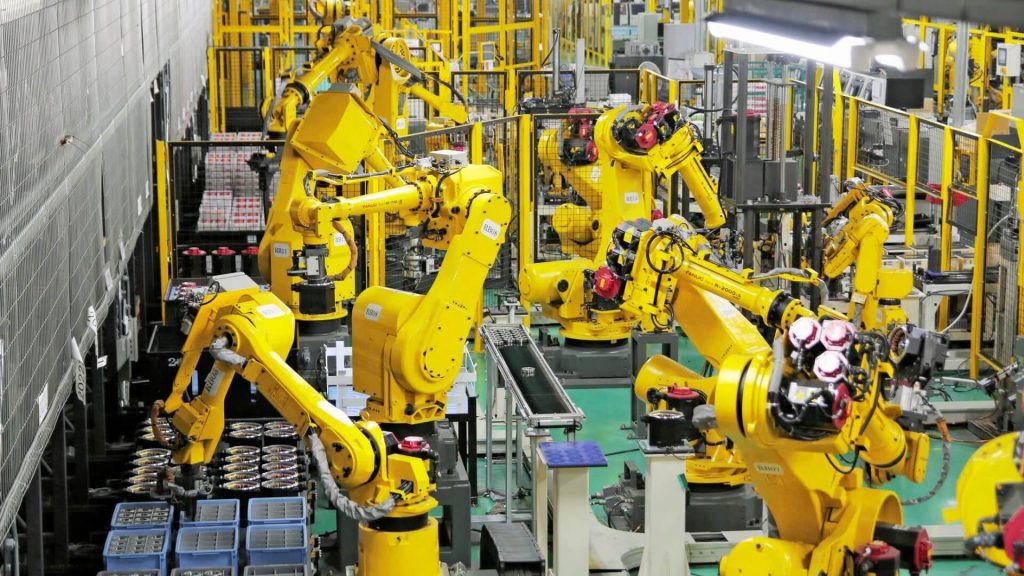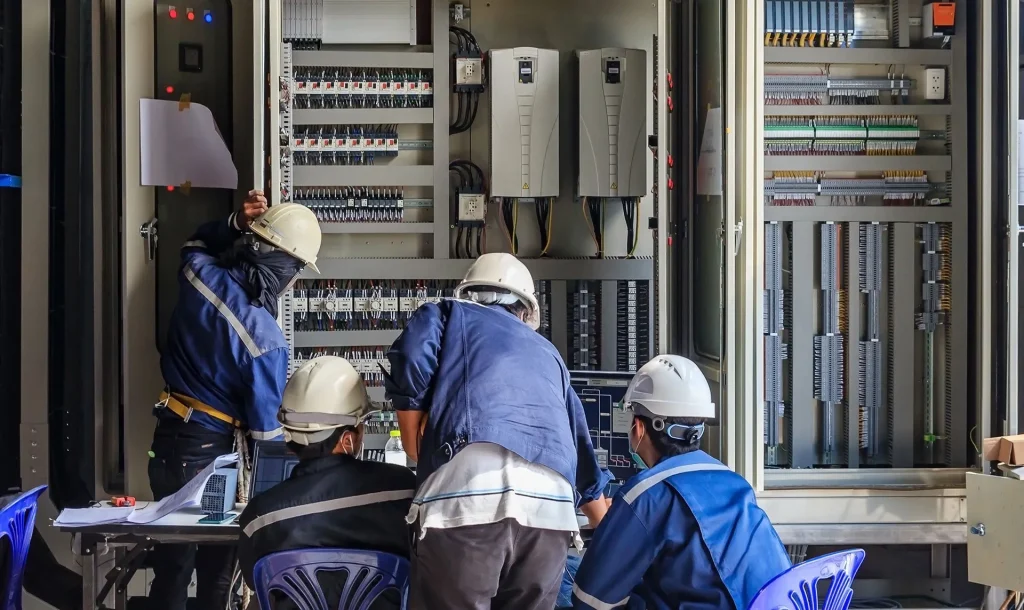In recent years, the convergence of artificial intelligence (AI) and machine learning (ML) has sparked a paradigm shift in industrial automation, catalyzing a new era of efficiency, precision, and innovation. Industries once reliant on conventional automated systems are now embracing AI and ML technologies to unlock unprecedented potential in optimizing operations, predictive maintenance, and decision-making processes.
Enhancing Predictive Maintenance and Equipment Reliability
One of the most impactful applications of AI and ML in industrial automation is predictive maintenance. Traditionally, maintenance schedules were based on fixed intervals or reactive responses to equipment failures. AI-driven predictive models analyze real-time sensor data, historical performance, and patterns to forecast potential breakdowns. This proactive approach not only minimizes unplanned downtime but also maximizes equipment lifespan and operational efficiency.
Optimizing Production Processes with AI-driven Insights
AI and ML algorithms excel in extracting insights from massive datasets, enabling manufacturers to optimize production processes. These technologies analyze complex data sets generated by sensors, machinery, and production lines, identifying inefficiencies, bottlenecks, and opportunities for improvement. By leveraging these insights, companies can streamline workflows, reduce waste, and enhance overall productivity.
Enabling Autonomous Decision-Making and Adaptive Control Systems
The integration of AI and ML in industrial automation fosters the development of autonomous systems capable of adaptive decision-making. Smart algorithms learn from past experiences, adapting to dynamic conditions in real-time. This adaptability empowers control systems to autonomously adjust parameters, optimize energy consumption, and maintain optimal performance even in fluctuating environments.
Quality Control and Defect Detection
AI-powered vision systems coupled with machine learning algorithms revolutionize quality control processes. These systems detect minute defects in products with unparalleled accuracy, ensuring adherence to stringent quality standards. Whether in automotive manufacturing, electronics, or pharmaceuticals, AI-driven inspection systems minimize errors, reduce waste, and enhance overall product quality.
Challenges and Considerations
Despite the immense benefits, integrating AI and ML into industrial automation comes with challenges. Data quality, cybersecurity, and the need for skilled professionals proficient in both industrial processes and AI technologies pose hurdles. Additionally, ensuring transparency, interpretability, and ethical use of AI algorithms remains crucial.
The Future of Industrial Automation with AI and ML
The trajectory of industrial automation is inexorably tied to the evolution of AI and ML technologies. Continued advancements in AI-driven robotics, edge computing, and decentralized decision-making will further enhance the capabilities of industrial systems. The synergy between human expertise and AI-driven automation will drive innovation, unlock new possibilities, and redefine the landscape of manufacturing.
Ending Note
AI and machine learning are pivotal forces driving the evolution of industrial automation. At Taylor Controls LLC, we recognize the transformative potential of these technologies and specialize in implementing AI-driven solutions tailored to enhance efficiency, productivity, and reliability within industrial settings. Contact us today to discover how our expertise can revolutionize your industrial automation processes, paving the way for a smarter, more efficient future.
Recent Post
The Role of AI and Machine…
The Importance of Cybersecurity in Industrial…
Maximizing Operational Efficiency: The Benefits of…







